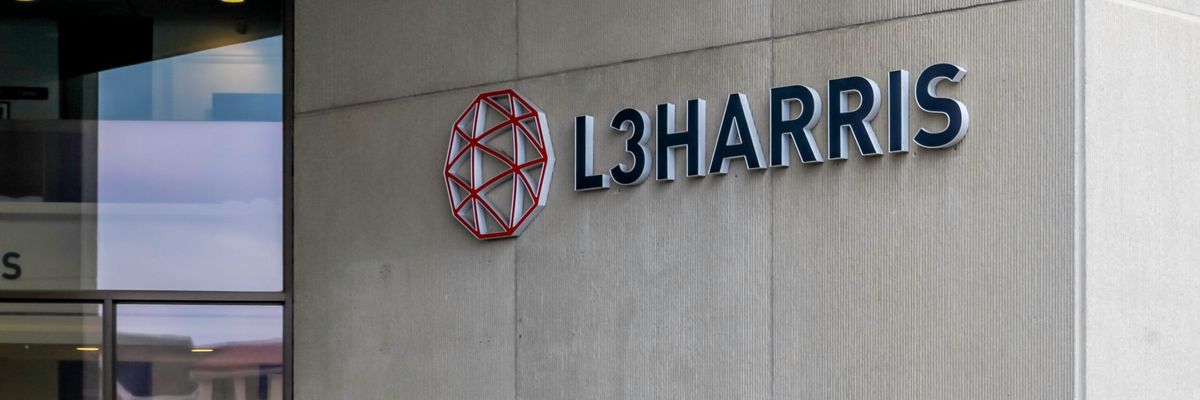Military contractor L3Harris said in a letter to investors that it plans to finalize its acquisition of Aerojet Rocketdyne on Friday, just two days after the company announced that the Federal Trade Commission would not block the deal.
The news ends months of questions over whether the acquisition would be allowed to go through. The FTC had previously blocked Lockheed Martin from buying Aerojet, citing concerns that the purchase would further consolidate an already centralized military industry. Prior to the acquisition, Aerojet was the only independent company capable of producing rocket motors — a key component in a wide variety of weapons systems — at scale.
The acquisition is sure to draw scrutiny from military spending watchdogs, who argue that the deal risks driving up costs for taxpayers. Rep. Chris Deluzio (D-Penn.) told RS last week that he is “concerned this merger will hurt the American people and our common defense by further weakening competition in the defense industrial base.”
The motor manufacturer “already holds a monopolistic role in the market, as companies like Lockheed Martin and Boeing depend on products produced only by Aerojet,” Deluzio argued. “A merger with L3Harris would put it in the position to leverage their control over those products.”
Notably, Aerojet Rocketdyne makes motors that are crucial to the products of L3Harris’s competitors. Raytheon and Lockheed Martin rely on Aerojet systems to propel Javelin missiles, a shoulder-launched weapon that has seen heavy use in Ukraine. Its motors are also crucial to Raytheon’s Stinger missiles and Boeing’s intercontinental ballistic missiles, which make up much of America’s nuclear arsenal.
The weapons industry has consolidated dramatically since the 1990s, according to a recent Pentagon report. While the Department of Defense used to do business with 51 “prime” contractors that could lead major programs, now only five military firms can fill that role.
The word salad of military contractor names is a testament to this history. Lockheed Martin came about following the 1995 merger of Lockheed Corporation and Martin Marietta. Northrop Corporation merged with Grumman corporation in 1994 to form Northrop Grumman.
Some are more subtle than others: Raytheon Technologies — a seemingly normal name for a company — is actually a mash-up of Raytheon Company and United Technologies, which came together in 2020.
L3Harris is among the most unusual of these zombie titles. As RS has previously reported, it started off as L-3 Communications in 1997 and began buying up defense companies of all stripes. Given its diverse portfolio, executives at the company renamed it to L3 Technologies in 2016. Then, following a 2018 merger with Harris Corporation, the L3Harris name came to be.
The Pentagon has the authority to block military contractor mergers and acquisitions, as Deluzio and Sen. Elizabeth Warren (D-Mass.) noted in a letter to Secretary of Defense Lloyd Austin earlier this month.
“[T]his deal would threaten competition and national security, increase prices, reduce innovation, and reduce product quality and create production delays for the defense industrial base,” Deluzio and Warren argued.
But DoD has apparently not been swayed. The Aerojet Rocketdyne website already redirects to L3Harris, signaling that the acquisition is all but done. “I’m excited about the next phase of L3Harris,” CEO Christopher Kubasik told investors.
















